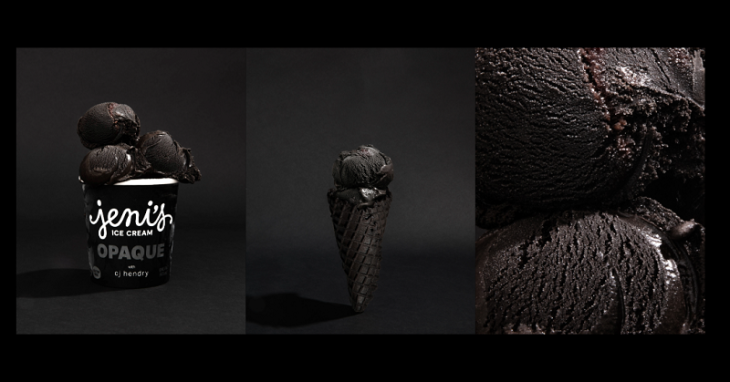Exposure to Raw or Undercooked Animal Products Pose Risks
A human case of H5 bird flu has been confirmed in Los Angeles County, marking the first detected case in the region. The infected individual, an adult who was exposed to infected livestock at a worksite, experienced mild symptoms, received antiviral treatment, and is now recovering at home, according to the Los Angeles County Department of Public Health.
Officials emphasized that the overall risk to the public remains low, with no evidence of person-to-person transmission. Close contacts of the infected individual, along with other exposed workers, are being monitored for symptoms. They have also been provided personal protective equipment, testing, and antiviral prophylaxis. No additional cases have been identified so far.
Public Health is working closely with the Centers for Disease Control and Prevention (CDC) and the California Department of Public Health (CDPH) as part of an ongoing investigation.
“People rarely get bird flu, but those who interact with infected livestock or wildlife are at a greater risk of infection,” said Dr. Muntu Davis, Los Angeles County Health Officer. “This case reminds us to take precautions, such as avoiding unprotected contact with sick or dead animals, steering clear of raw or undercooked animal products, and protecting pets and backyard poultry from exposure to wild animals.”
Dr. Davis also urged residents to receive a seasonal flu vaccine, which can help prevent severe flu cases and reduce the risk of co-infection with seasonal and bird flu viruses. Symptoms of H5 bird flu in humans include eye redness or discharge, fever, cough, difficulty breathing, sore throat, muscle aches, diarrhea, and vomiting.
Workers exposed to livestock, poultry, or wildlife are at a higher risk of contracting H5 bird flu. Public Health has partnered with the California Department of Food and Agriculture (CDFA) and the local agricultural community to provide key risk groups—such as farm workers and backyard flock owners—with information, resources, and protective equipment like gloves, masks, and eye protection.
Public Health advises individuals who experience symptoms after exposure to sick animals to contact their healthcare provider and local health department immediately.
When handling animals or materials such as feces, water sources, or raw milk, Public Health recommends the following precautions:
- Wear disposable gloves, N-95 masks, goggles, and protective clothing.
- Wash hands frequently with soap and water, especially before eating or touching the face.
- Avoid consuming raw dairy products or feeding them to pets.
- Change clothing and shower before returning home from work.
Public Health also shared guidelines to reduce risk for residents:
- Avoid raw dairy and undercooked meat products: Do not consume or serve these items to pets.
- Limit animal contact: Avoid handling sick or dead birds, or materials contaminated with bird feces.
- Report sick or dead birds: Contact local animal control agencies if you see unusual bird behavior.
- Protect pets and poultry: Keep them away from wild birds and ensure proper housing.
- Remove bird feeders and baths: Reduce the risk of virus transmission among wild birds.
- Get vaccinated: A seasonal flu vaccine can mitigate risks of simultaneous human and bird flu infections.
Residents can call the Public Health InfoLine at 833-540-0473 daily between 8 a.m. and 8 p.m. for questions or assistance.
For more information on avian flu, visit:





















